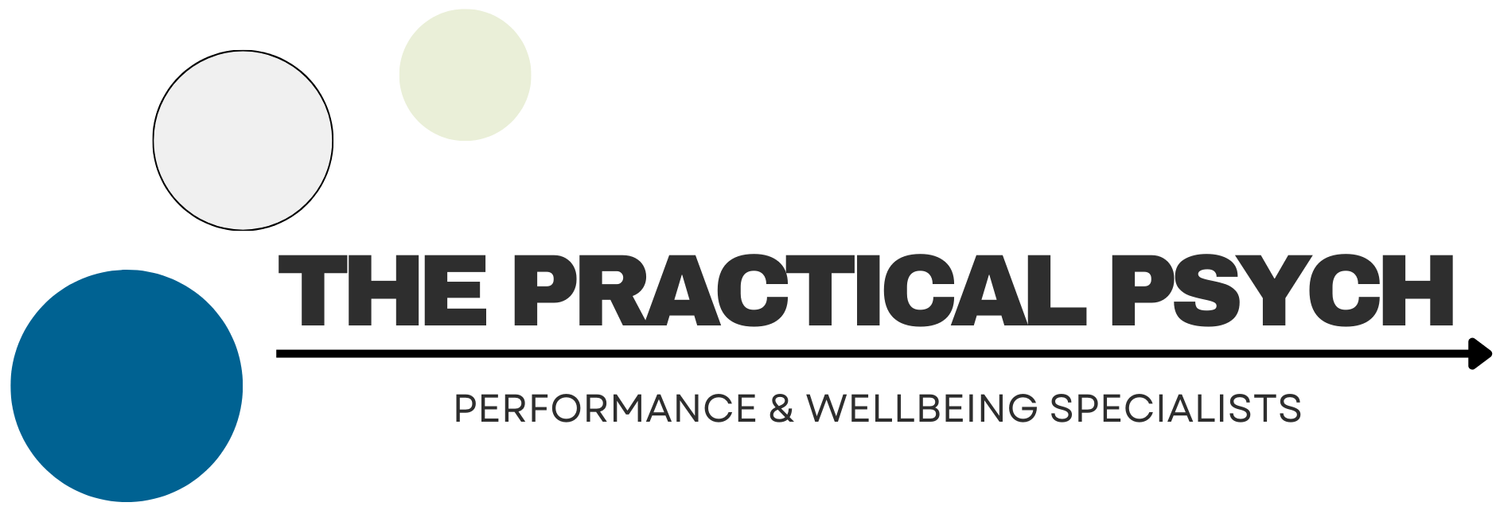The Perils of Toxic Empathy
Toxic Empath and Its Signs
Empathy is the ability to put yourself in another person's shoes, relating to their feelings, emotions and experiences. This ability is something we're often encouraged to cultivate.
But can there be such a thing as too much empathy? What happens when caring deeply about others starts to compromise individuals and healthy relationships?
The Empath's Plight
For highly empathetic people, relating to other peoples' emotions is automatic.
Your heart instantly aches when you see another person suffering. Their pain feels like your pain.
But this highly sensitive feeling to others' emotions can come at a cost. Empathetic people often carry the heavy burdens of those around them.
They take on the grief, anger, and anxiety swirling in their social circles. Over time, shouldering these weights can strain even the most caring spirit.
Empathy overload creeps up on you.
At first, listening to friends and family members talk through their problems is second nature. You want to be there for them, so you push aside your own needs to make more room for theirs. But taking peoples' problems on board too frequently can leave you feeling drained.
Signs You May Have Too Much Empathy
How can you tell if your extreme empathy is starting to hurt you? Here are signs of toxic empathy:
Feeling overwhelmed and exhausted. If helping others leaves you drained at the end of each day, your reserves of empathy may be depleted. Healthy caring energises both people. Toxic empathy results on only one person's needs being met.
Feeling physically ill. Empathy overload can manifest physically (e.g., headaches, stomachaches). However, any new or persistent physical issues should be first evaluated by an appropriately qualified medical professional.
Neglecting your own needs. When you're so focused on others that you stop taking good care of yourself, it's time to pull back. Your mental health depends on keeping your own cup full.
Losing sense of where you end and others begin. Extreme empathy can make you feel merged with the people you care about. Their struggles can entirely eclipse your own. This lack of boundaries leaves you lost.
Feeling constant anxiety or depression. Absorbing the hardships of every person you encounter - online and off - can understandably plunge you into a pit of pain. If empathy leaves you perpetually gloomy, it's not healthy.
How to Balance Empathy
The solution is not to become a hard-hearted hermit who cares about no one.
Empathy is an essential human trait that helps us understand and connect with each other. But too much of even a good thing can hurt you.
Here are some ways to keep your empathy in check:
Limit social media. The endless anger and arguing online can batter even the most resilient spirit. Give yourself regular social media-free hours or days.
Learn to say no. You don't have to solve everyone's problems or be endlessly available to lend an ear. Prioritize your own needs.
Spend time looking after yourself. 'Me time' activities can help you decompress from constantly tuning in to others.
Express your own feelings. Bottling up empathy overload just hurts you more. Vent to trusted friends or a therapist. Writing in a journal also helps.
Set emotional boundaries. Make clear (kindly) when you don't have the bandwidth to take on someone else's troubles. Your health comes first.
Final Thoughts
Does this mean you should turn your back when people need help? Of course not. Empathy is essential for compassionate society.
But you can't sustainably care for others without first caring for yourself.
Put on your own oxygen mask before assisting others. Prioritise rest, healthy boundaries, and self-care.
We are Coaching & Clinical Psychologists with extensive experience helping people conquer performance and wellbeing issues. Read more about our work, watch practical skills videos or browse other articles. Get in touch anytime.



